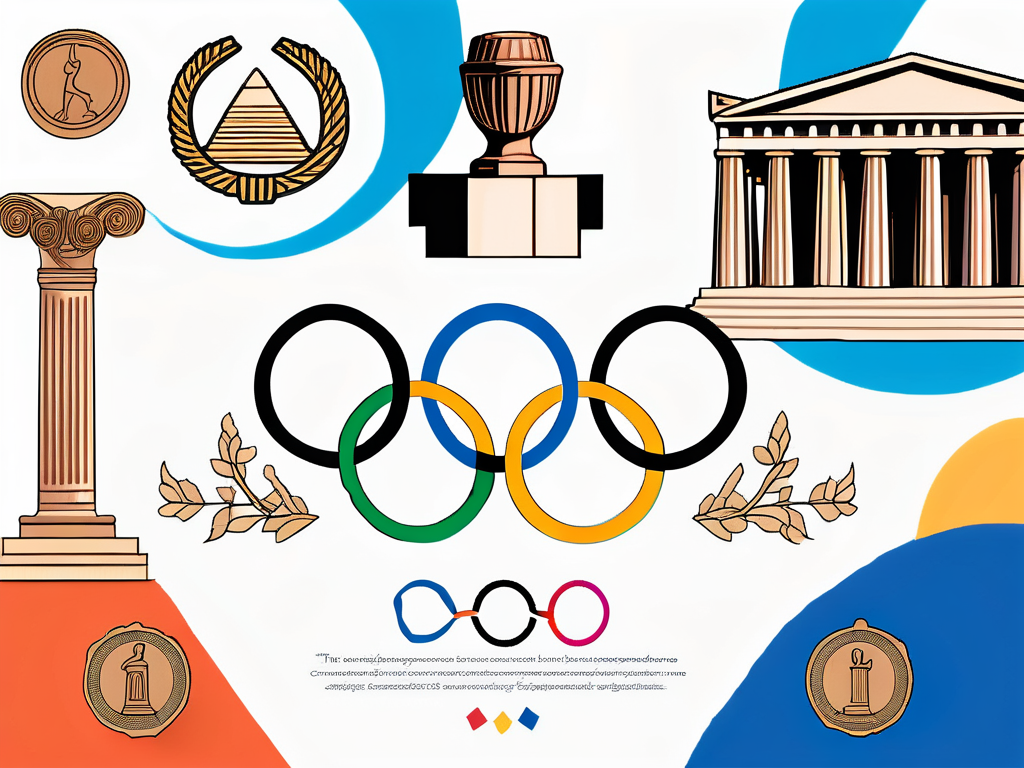Presidents Day Special: Put Your Knowledge to the Test with Our Presidents Quiz
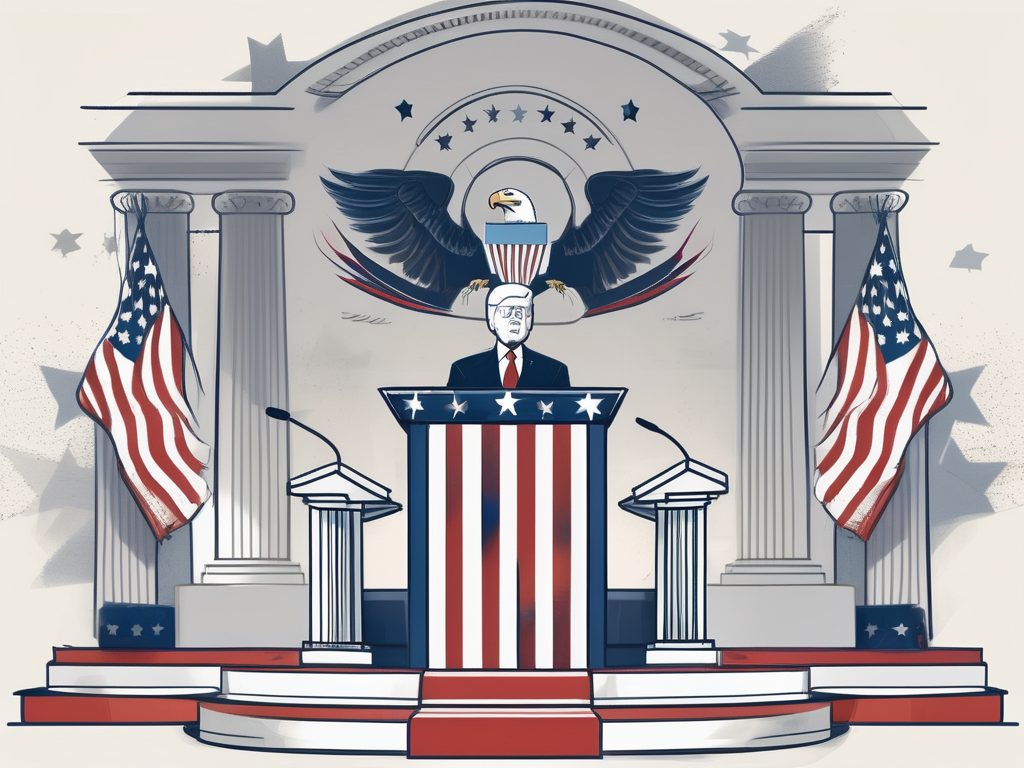
Are you ready to put your knowledge of American history to the ultimate test? Presidents Day is just around the corner, and what better way to celebrate than by challenging yourself with our Presidents Quiz! This special quiz is designed to not only entertain but also educate you about the significance of this important holiday and the role of presidents in shaping American history. So, grab a cup of coffee, gather your friends and family, and let’s dive into the fascinating world of presidential trivia!
Understanding the Significance of Presidents Day
Presidents Day is more than just a day off work or a chance to snag great deals at the mall. It holds a deeper meaning that stems from the rich history of the United States. To truly appreciate this holiday, let’s explore the history behind Presidents Day and why we celebrate it.
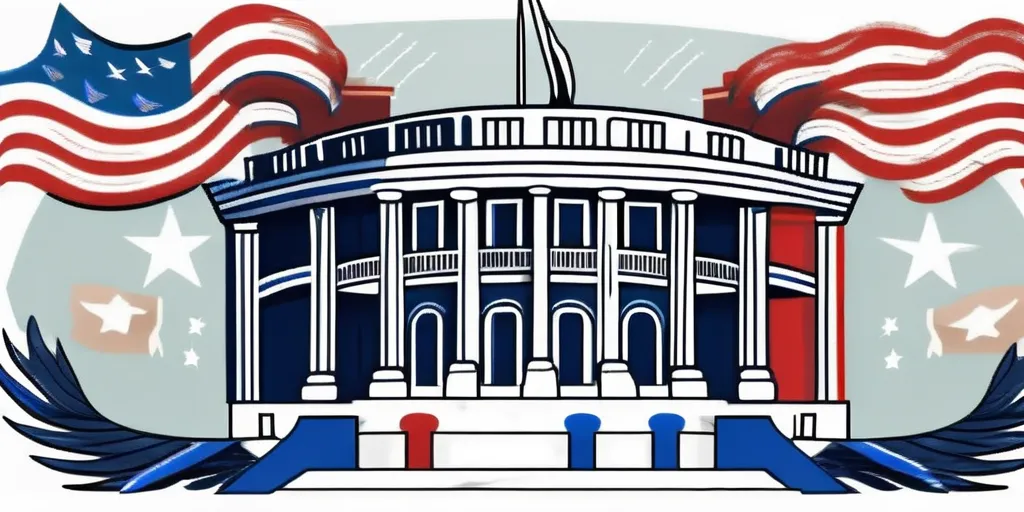
The History of Presidents Day
Originally established as a way to honor the first President of the United States, George Washington, Presidents Day began as a federal holiday celebrated on Washington’s birthday, February 22nd. However, in the early 1970s, the Uniform Monday Holiday Act was passed, and the holiday was moved to the third Monday in February to create a long weekend for Americans. This change also meant that Presidents Day would now encompass the birthdays of other notable presidents, such as Abraham Lincoln.
George Washington, often referred to as the “Father of His Country,” played a pivotal role in the formation of the United States. As the commander-in-chief of the Continental Army during the American Revolutionary War, Washington led the nation to victory against the British. His leadership and dedication to the principles of liberty and democracy laid the foundation for the country we know today.
Abraham Lincoln, another president celebrated on Presidents Day, is renowned for his role in preserving the Union during the American Civil War and for his efforts in abolishing slavery. His Emancipation Proclamation in 1863 declared that all slaves in Confederate territory were to be set free, marking a significant turning point in the fight for equality and justice in America.
Why We Celebrate Presidents Day
Presidents Day serves as a reminder of the immense contributions made by our presidents to the nation. It’s a day to reflect on their leadership, policies, and the impact they have had on shaping America’s history. By celebrating Presidents Day, we honor the men who have held the highest office in the land and recognize the immense responsibility that comes with it.
Presidents Day also provides an opportunity to educate ourselves and future generations about the achievements and challenges faced by our presidents. It allows us to delve into the complexities of their decision-making processes and gain a deeper understanding of the historical context in which they operated. Through this exploration, we can develop a greater appreciation for the presidency as an institution and the individuals who have held this esteemed position.
The Role of Presidents in American History
The position of the president holds great significance in American history, with each leader leaving behind a unique legacy. Let’s delve deeper into the impact of presidential decisions and the evolution of presidential power.
The Impact of Presidential Decisions
A president’s decisions can shape the course of the nation for years to come. From signing important bills into law to making key foreign policy decisions, presidents have the power to change the lives of millions of Americans. For example, President Franklin D. Roosevelt’s decision to implement the New Deal during the Great Depression had a profound impact on the country. Through a series of programs and reforms, the New Deal aimed to provide relief, recovery, and reform, helping to lift the nation out of economic turmoil and restore hope to the American people.
Similarly, President Lyndon B. Johnson’s decision to sign the Civil Rights Act of 1964 was a pivotal moment in American history. This landmark legislation prohibited discrimination based on race, color, religion, sex, or national origin, and it played a crucial role in advancing the civil rights movement. By taking a stand against segregation and inequality, President Johnson not only transformed the lives of countless individuals but also set a precedent for future presidents to prioritize equality and justice.
The Evolution of Presidential Power
Over time, the power and responsibilities of the presidency have evolved. Initially, the role of the president was limited, but with each passing administration, the position has become more influential. One significant turning point in the evolution of presidential power was the establishment of the executive order. This executive tool allows the president to bypass Congress and implement policies directly. While executive orders have been used throughout history, it was President Theodore Roosevelt who significantly expanded their use, issuing over 1,000 executive orders during his time in office.
Another important development in the evolution of presidential power was the creation of the Office of Management and Budget (OMB) in 1970. This office plays a crucial role in shaping the president’s budget proposal and overseeing the implementation of policies. By centralizing budgetary decisions and streamlining the process, the OMB has increased the president’s ability to influence economic policies and allocate resources effectively.
From Roosevelt’s New Deal to the modern-day use of executive orders and the establishment of the OMB, the presidency has adapted to the changing needs of the country. As we continue to witness the impact of presidential decisions and the evolution of presidential power, it is clear that the role of the president remains a cornerstone of American history.
Preparing for the Presidents Quiz
Now that you have a better understanding of the significance of Presidents Day and the role of presidents, it’s time to prepare for the ultimate challenge – the Presidents Quiz. Brush up on your presidential facts and learn tips for remembering important dates and events.
Brushing Up on Presidential Facts
With 46 presidents to learn about, it can be overwhelming to remember all the facts and details. Start by familiarizing yourself with each president’s name, number, and term of office. Then delve into their accomplishments, challenges, and unique qualities. Understanding the achievements and struggles of each president will not only help you during the quiz but also deepen your appreciation for their contributions to our nation.
Tips for Remembering Important Dates and Events
History is filled with significant dates and events that every aspiring presidential buff should know. Memorizing these details can be challenging, but with a few simple techniques, you can improve your recall. Use mnemonic devices, create flashcards, or even create a timeline to help cement the information in your mind. Remember, practice makes perfect, so be sure to review regularly!
Taking the Presidents Quiz
The moment we’ve all been waiting for has arrived – it’s time to take the Presidents Quiz! But before you dive in, let’s go over how the quiz works and what to expect.
How the Quiz Works
The Presidents Quiz consists of 10 challenging trivia questions designed to test your knowledge of American presidents and their time in office. Each question covers a different aspect of presidential history, from important events to lesser-known facts. Take your time and think carefully before selecting your answer. Once you’ve completed the quiz, it’s time to see how well you did!
Scoring and Results Interpretation
After answering all 10 questions, you will receive a score that reflects your knowledge of presidential trivia. But don’t worry if you don’t get a perfect score on your first try – the goal is to learn and have fun! Take note of the questions you struggled with and use them as a starting point for further learning. Remember, the journey of knowledge is just as important as the destination.
Learning from the Presidents Quiz
Completing the Presidents Quiz is just the first step in your journey toward becoming a presidential expert. Take some time to reflect on your quiz performance and discover how you can use the quiz to deepen your understanding of American history.
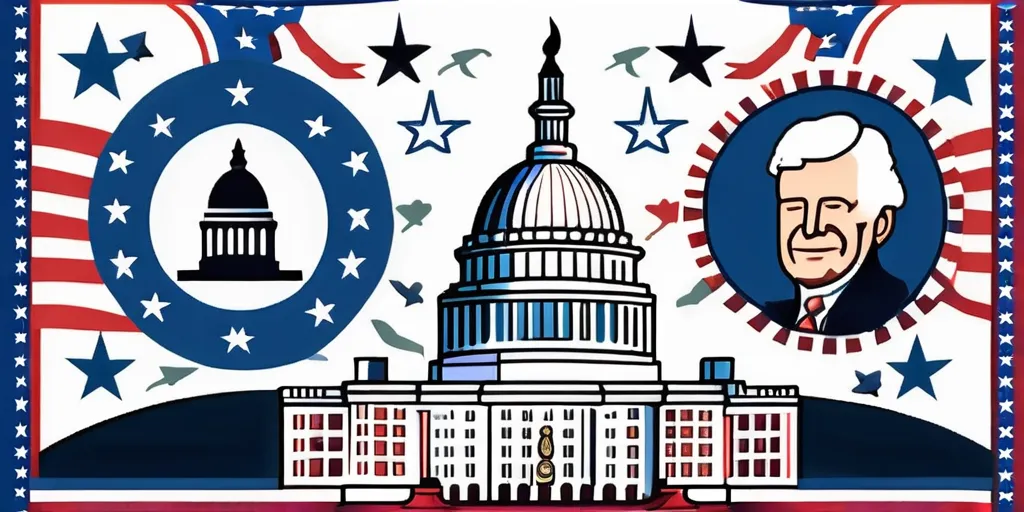
Reflecting on Your Quiz Performance
Whether you aced the quiz or stumbled on a few questions, take a moment to reflect on your performance. What were your strengths? Which areas could use improvement? By acknowledging your successes and areas for growth, you can chart a learning path tailored to your needs.
Using the Quiz for Further Learning
The Presidents Quiz is not only a fun way to test your knowledge but also a valuable learning tool. Use the questions you struggled with as a launchpad for further exploration. Dive deeper into the lives and legacies of the presidents who stumped you. Research their accomplishments, read biographies, and evaluate their impact on our nation. The more you learn, the more you’ll appreciate the incredible stories behind each president.
Presidential Trivia Questions
Now, for the grand finale, here are ten presidential trivia questions to challenge your knowledge:
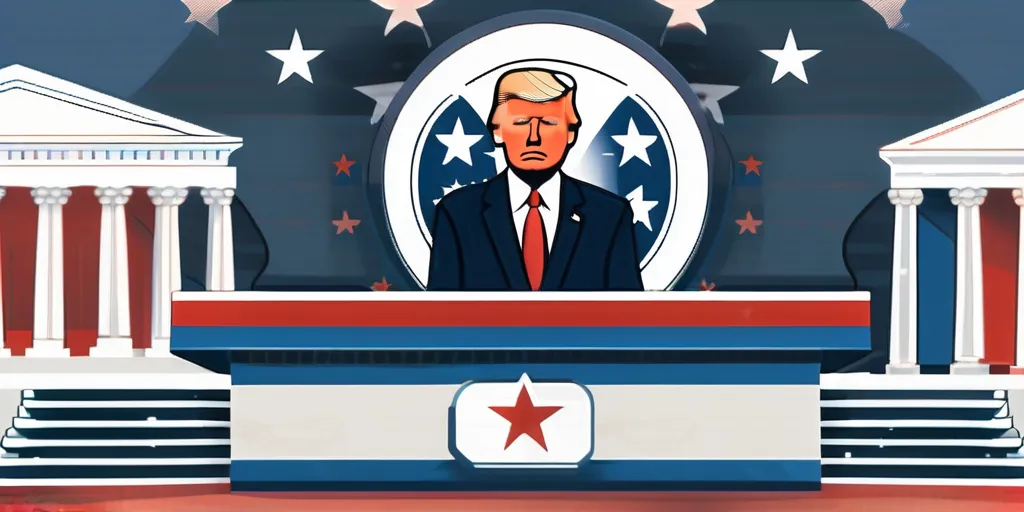
-
Who was the first president of the United States?
-
Which president served for four terms?
-
Who was the tallest president in U.S. history?
-
Which president delivered the Gettysburg Address?
-
Who is the only president to resign from office?
-
Which president was assassinated in Ford’s Theatre?
-
Who was the youngest person ever elected president?
-
Which president authorized the atomic bombings of Hiroshima and Nagasaki?
-
Who was the only president to serve two non-consecutive terms?
-
Which president signed the Emancipation Proclamation?
Test your knowledge and see how many of these trivia questions you can answer correctly! Good luck!
- George Washington
- Franklin D. Roosevelt
- Abraham Lincoln
- Abraham Lincoln
- Richard Nixon
- Abraham Lincoln
- John F. Kennedy
- Harry S. Truman
- Grover Cleveland
- Abraham Lincoln
For more articles in Quiiiz Academy
Actor Nate Buzz took to Instagram Live this past weekend, engaging his audience in a fun and interactive session with a new trivia app. Known for his charismatic roles and engaging social media presence, Nate’s live session was a hit...
Are you a true fashionista or do you just think you know it all? Put your style knowledge to the test with this fashion trivia quiz! From the basics of fashion to the fascinating world of high fashion and its...
The Olympics, the pinnacle of athletic prowess, have captivated audiences around the world for centuries. As the most prestigious international sporting event, the Olympics bring together athletes from different nations, cultures, and backgrounds to showcase their skills and compete for...
Are you a true Taylor Swift fan? Have you followed her captivating journey from the early days to her superstardom? If you think you know everything there is to know about this talented artist, then put your knowledge to the...
Welcome to “The Ultimate Guide to The Simpsons Trivia,” where we will take a deep dive into the fascinating world of the beloved animated series. Prepare yourself for a journey through Springfield as we explore the cultural phenomenon that is...
Multiple choice trivia quiz is a fun way to spend some time and have fun with your friends and colleagues. It can be a bonding opportunity to improve communication and coordination between team members. If you are Looking for some...



